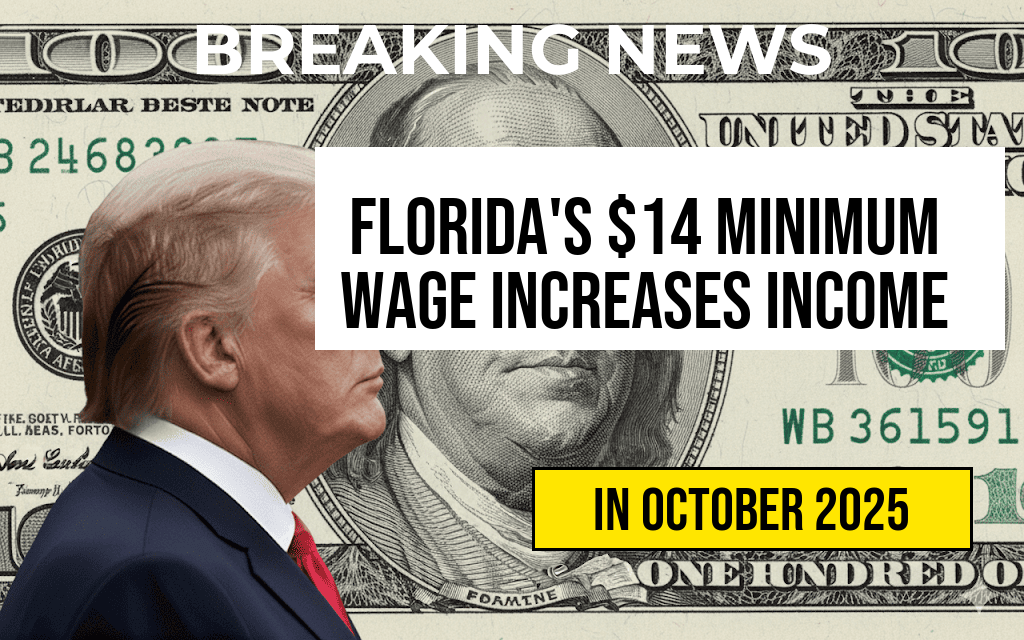Starting in 2025, tipped workers across the United States will benefit from a new federal tax deduction that allows them to report tips of up to $25,000 annually without facing additional tax liabilities. This change aims to simplify the reporting process for service industry employees and potentially increase their take-home pay. The new policy, part of broader tax reform efforts, is expected to impact millions of workers in hospitality, food service, and related sectors. While the adjustment offers significant financial relief, it also raises questions about compliance, record-keeping, and the broader implications for tax administration. As the industry prepares for this transition, both workers and employers are advised to understand the details, eligibility criteria, and potential challenges associated with the updated guidelines.
What the New Tax Deduction Means for Tipped Workers
Effective January 1, 2025, the Internal Revenue Service (IRS) will permit tipped employees to report annual tips up to $25,000 as non-taxable income, provided they meet specific criteria. Previously, workers were required to report all tips received, regardless of amount, which sometimes led to underreporting or complications during tax season. The new deduction simplifies this process by allowing a threshold that encourages accurate reporting without penalizing workers who earn higher tips.
According to IRS officials, this modification aligns with efforts to streamline tax compliance in the service industry, ensuring that workers are fairly compensated while maintaining transparency. The change also aims to reduce the burden on employees who might otherwise be hesitant to report higher tips due to fear of audits or tax liabilities. Moreover, the policy encourages employers to provide clearer guidance and support for their staff regarding record-keeping and reporting practices.
Eligibility and Reporting Requirements
To qualify for the $25,000 tip reporting threshold, workers must meet certain conditions:
- They must be employed in a service industry role where tips are customary, such as restaurants, bars, hotels, or salons.
- Their reported tips should be documented accurately through daily records or tip logs.
- They must comply with existing IRS reporting standards, including submitting Schedule C or Schedule SE where applicable.
Employees are encouraged to maintain detailed records of their tips, including:
- Daily tip sheets
- Credit card transaction summaries
- Receipts from customers
Employers are also asked to support workers by providing guidance on proper documentation and periodic reminders about reporting obligations. The IRS emphasizes that this threshold does not exempt workers from reporting tips exceeding $25,000 annually, nor does it alter existing tax rates or withholding requirements.
Impacts on the Service Industry and Tax Enforcement
Potential Benefits for Workers
- Increased Take-Home Pay: Workers can keep more of their tips without the fear of immediate taxation or penalties, especially those earning substantial tips.
- Simplified Filing: The higher threshold reduces the complexity of tax filing for high-earning servers and bartenders.
- Encourages Accurate Reporting: By setting a clear, higher cap, the policy incentivizes workers to report tips honestly, reducing underreporting concerns.
Concerns and Challenges
- Record-Keeping Burden: Employees must maintain precise records to substantiate their reported tips, which can be cumbersome for some.
- Potential for Tax Evasion: While the threshold is higher, there remains a risk that some workers may underreport tips to avoid taxes, necessitating vigilant enforcement.
- Impact on Tax Revenue: The change could lead to short-term reductions in tax revenue if a significant number of workers underreport or rely solely on the deduction without full compliance.
Industry Response and Future Outlook
Industry groups, including restaurant associations and hospitality unions, have expressed mixed reactions to the policy shift. Some view it as a positive step toward fairer treatment of tipped workers, citing the difficulties in accurately reporting tips during busy shifts. Others warn that without proper enforcement and education, the policy could be exploited, leading to revenue losses for federal and state governments.
Tax experts advise both workers and employers to stay informed about upcoming changes and to adopt robust record-keeping practices. The IRS plans to launch educational campaigns and provide resources to assist in compliance. As the implementation date approaches, stakeholders are closely monitoring how the policy will influence overall tax collection and workers’ financial well-being.
For additional information on tax policies affecting tipped workers, the IRS provides resources at IRS Tips for Tipped Workers. Industry analyses and updates can also be found on reputable financial news outlets such as Forbes (https://www.forbes.com).
Summary of the New Tip Reporting Threshold
| Aspect | Details |
|---|---|
| Effective Date | January 1, 2025 |
| Maximum Reported Tips | $25,000 annually |
| Eligible Workers | Employees in hospitality, food service, and related sectors |
| Record-Keeping Requirements | Maintain detailed tip records, including daily logs and receipts |
| Impact on Tax Filing | Allows reporting of tips up to $25,000 without additional tax liabilities, subject to compliance |
Frequently Asked Questions
What is the new tax deduction for tipped workers starting in 2025?
The new tax deduction allows tipped workers to report tips of up to $25,000 annually, beginning in 2025, providing greater flexibility and potential tax benefits.
How does the bonus affect reporting of tips for tipped workers?
The bonus enables tipped workers to report higher tip amounts—up to $25,000—which can simplify tax reporting and help ensure compliance with IRS regulations.
Who is eligible to benefit from the new tip reporting deduction?
Eligible workers in service industries, such as waitstaff, bartenders, and delivery persons, can benefit from the new deduction if they report tips up to $25,000 starting in 2025.
Are there any requirements or limitations to qualify for the deduction?
Yes, workers must accurately report their tips and adhere to IRS guidelines. The $25,000 cap applies annually, and proper documentation is essential for claiming the deduction.
When will this new tip reporting benefit officially take effect?
The bonus will be available starting in 2025, giving workers and employers time to prepare for the updated tax reporting procedures and leverage the new deduction.






